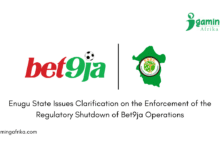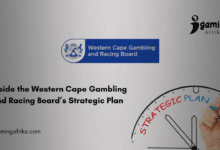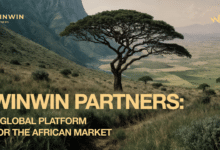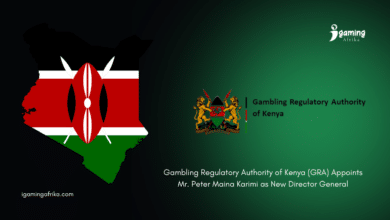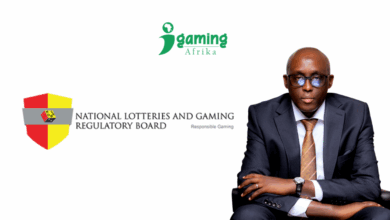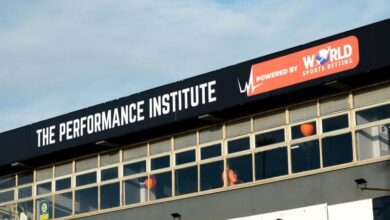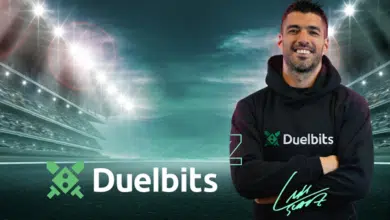Responsible Gambling in Africa: From Global Best Practice to Local Action
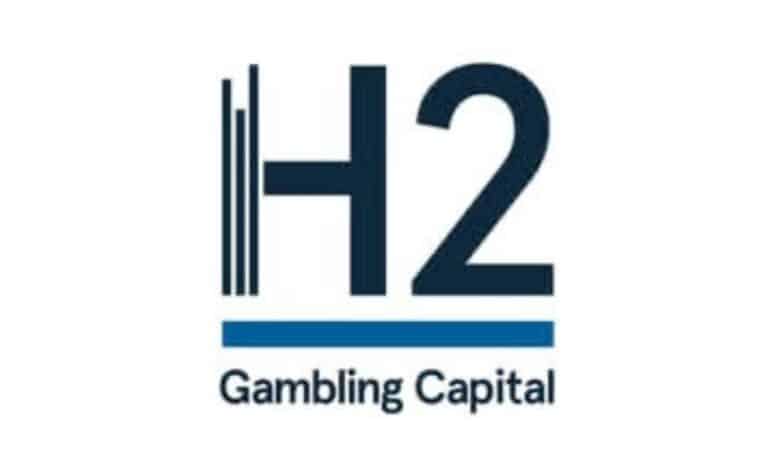
Based on H2 Gambling Capital – Report 2: Responsible Gambling Best Practice
As Africa’s gambling markets scale rapidly, so does the responsibility to protect players from harm. The second report in H2 Gambling Capital’s “Africa Optimum Market Structure” series highlights that responsible gambling (RG) is not just a moral imperative — it’s a strategic one.
Regulators and operators who invest early in RG frameworks will gain trust, improve channeling, and avoid the political and reputational risks that come with public backlash.
- Learning from the Best
The report surveys global markets where RG has been integrated into the regulatory DNA. Examples include:
– The Netherlands’ Cruks system: A national self-exclusion register linked to all licensed platforms.
– Denmark’s ROFUS: Widely used to restrict advertising and access for vulnerable groups.
– UK and Sweden’s affordability checks: Mandating operators to monitor betting behaviors and intervene when signs of problem gambling appear.
Beyond these tools, markets like Australia and New Zealand use AI-driven behavioral analytics, pre-set loss/time limits, and public education campaigns to tackle gambling harm proactively.
- The African Reality
While RG remains underdeveloped across most African markets, H2 highlights Malawi as a success story.
Most regulators, however, still do not mandate self-exclusion features, limit-setting tools, or RG reporting obligations. Yet the opportunity exists: with widespread mobile money usage and digital ID systems, the technical infrastructure for scalable RG tools is already in place.
- Practical Steps Forward
H2 outlines a roadmap for African regulators:
1. Mandate self-exclusion systems accessible across all licensed platforms.
2. Require deposit and loss limits by default — with players opting out only through verified channels.
3. Encourage or fund mental health and addiction support lines.
4. Build RG compliance into the licensing process, with operators required to submit risk mitigation plans.
5. Use aggregated mobile money data to flag potential harm indicators at the payment level.
- RG as a Competitive Advantage
The report makes a compelling argument: Responsible Gambling enhances channeling rates, player loyalty, and regulatory legitimacy. A market where players feel safe is a market where players stay. And the longer they stay, the more sustainable the market becomes.








